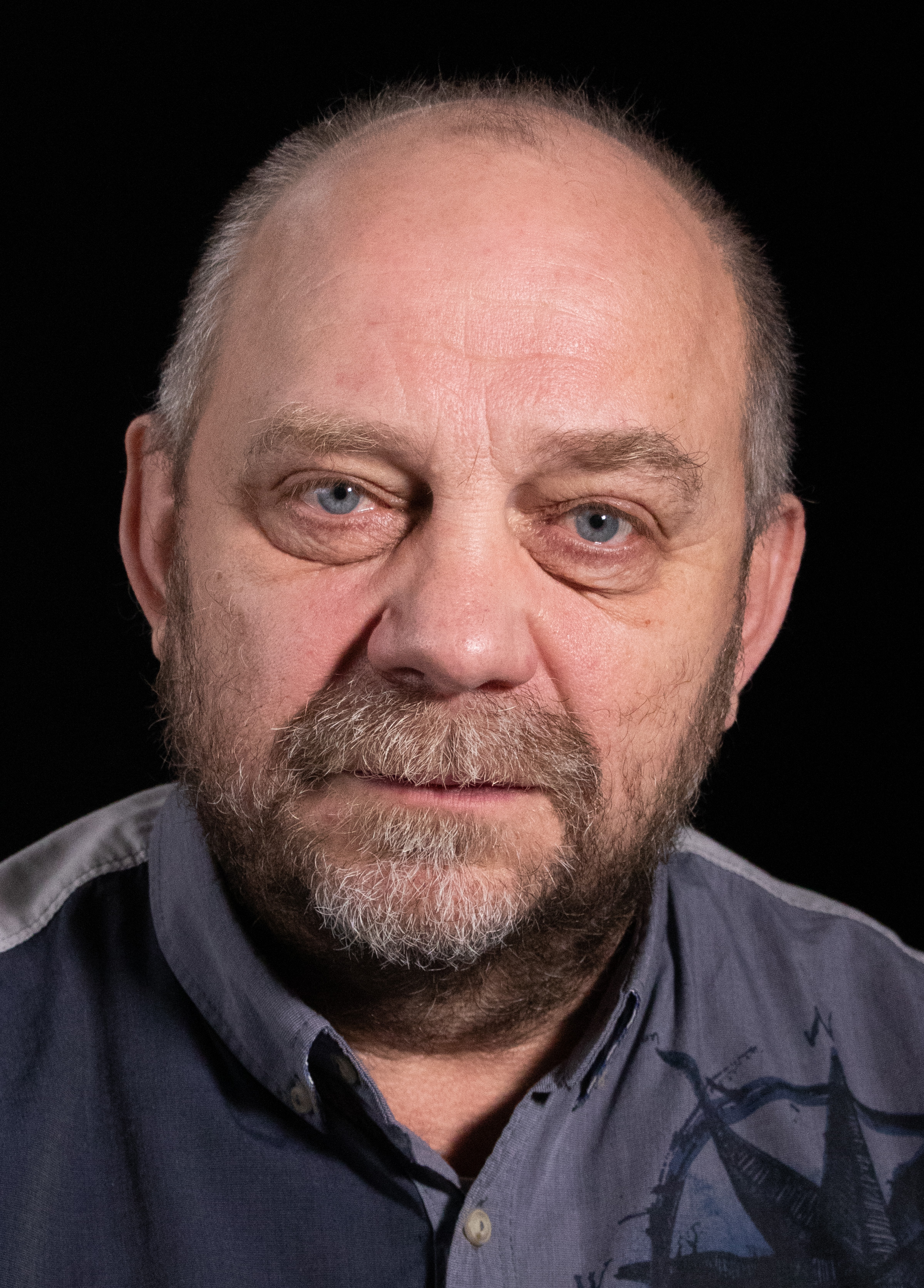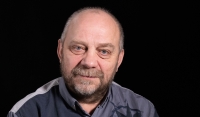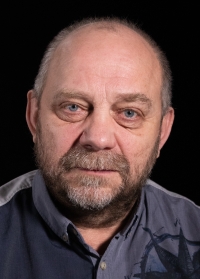Our own head constructs cages, bars and sanctions

Stáhnout obrázek
Jiří Kotek, an activist, former politician and tireless anti-corruption fighter, was born on October 12, 1957 in Karlovy Vary. He graduated from high school and then from agricultural university. His university studies were interrupted for a year, when he was expelled from the statesmen for his participation in one of the first anti-regime demonstrations of the 1980s, namely a protest during the World Assembly for Peace and Life in 1983 in Prague. Eventually he could complete his university studies. After military service he returned to the Karlovy Vary region, where he initially worked in agriculture and later worked around the city with a lawn mower as an employee of local Technical Services. At the end of the 1980s he regularly went to Prague for demonstrations and in November 1989 he became one of the initiators of the Velvet Revolution in Karlovy Vary. He was also a spokesman for the Civic Forum, but left them as early as March 1990. But he was involved in regional politics again, this time as a member of the Civic Democratic Alliance and later the founder of the Alternativa movement. He drew attention especially to property injustices related to privatization and public procurement; it was thanks to him, for example, that the so-called „Karlovy Vary draw“ came to the public. For his activities he won the Award for Courage of the Endowment Fund Against Corruption.

